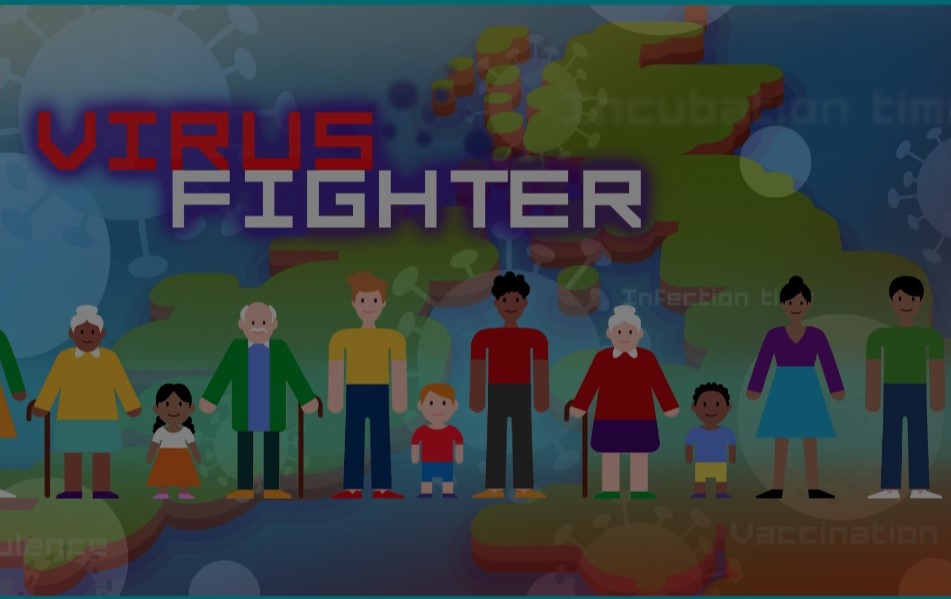Effecting change as an animal rights advocate
 Thursday, January 5, 2017 at 10:30AM
Thursday, January 5, 2017 at 10:30AM I have been an animal rights advocate for my entire adult life. I am also a medical researcher, specialising in the translation of advances from mouse immunology to patients. I am a vegetarian, for ethical reasons, and yet I am director of the mouse genetic engineering service at KUL. How can one be an advocate for both animal rights and for the use of animals in medical research?
Few would argue against medical research. Who wants a life that is nasty, brutish and short? When I first entered medical research I considered starting in a research project that did not use animals, so that my dual passions did not come into conflict. In the end, however, I decided to work on a mouse model of Multiple Sclerosis – scenes of which would certainly be confronting if shown to the public out of context. I did so because I could not bear to be a hypocrite, willing to take advantage of the outcomes of laboratory animal use, but not willing to get my own hands dirty. Since then, advances in Multiple Sclerosis research in mice have resulted in better treatments for patients, with new medications capable of adding decades of healthy life to the millions of sufferers. Who would be willing to deny their loved ones access to these medicines, despite the work being based on animal models?
At the same time, few would argue against animals having rights. We no longer throw cats from the belfry in Ypres, or other such wanton brutality that was once commonplace. Cruelty against pets is now criminal and farms are inspected for the treatment of livestock. The most intensive protections for animals are reserved for animals in medical research. In order to even start research on mice I have taken countless training courses and filled in hundreds of pages of animal health assessments. My mice are kept in conditions that would be luxurious for wild mice, and have daily health checks by trained staff. The use of each individual mouse is assessed by an external ethics panel, including an ethicist and a veterinary surgeon. I assure you that nothing as brutal as a mouse trap or rat poison would pass muster, let alone the conditions that wild mice endure daily!
Animal research is the bedrock of medical research. Even as we continue to refine, reduce and replace animals in research, we need to accept that all of our advances rest upon work done in animals. At the same time, and rightfully so, laboratory animals have the strongest legal and ethical protections of any animals in our society.
This is not to say that animal use in medical research cannot be improved. Not all researchers have a full awareness of the responsibility that comes with animal research, and violations of animal rights do occur. But the worst thing that we can do would be to reverse progress with a knee-jerk reaction. Attempts to reduce animal research by increasing bureaucratic burden simply de-emphasize the most important regulations. An extra tax on animal use in medical research will need to be paid by reducing the number of trained staff caring for the animals. Public condemnation of animal researchers in the media shuts down dialog. We need to increase, not decrease, communication between animal rights advocates and medical research advocates. Animal rights groups that demand absolutes only make progress more difficult for moderates. Those of us willing to proceed with mutual respect know that the only way to continue the steady improvements in laboratory animal conditions is to increase openness and transparency. If you are an animal rights advocate that actually wants to effect change, I encourage you to work with, instead of against, medical researchers. We will listen.





Reader Comments